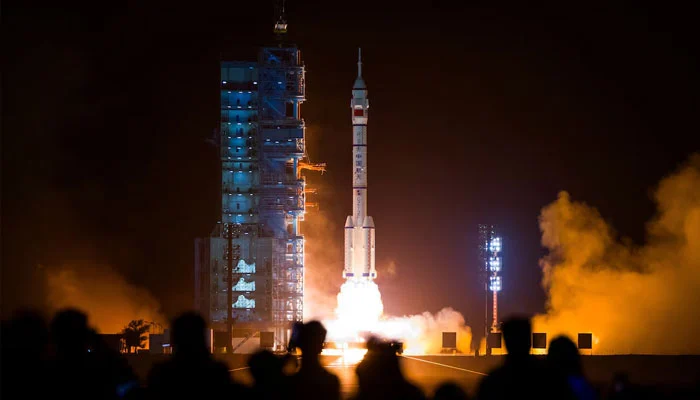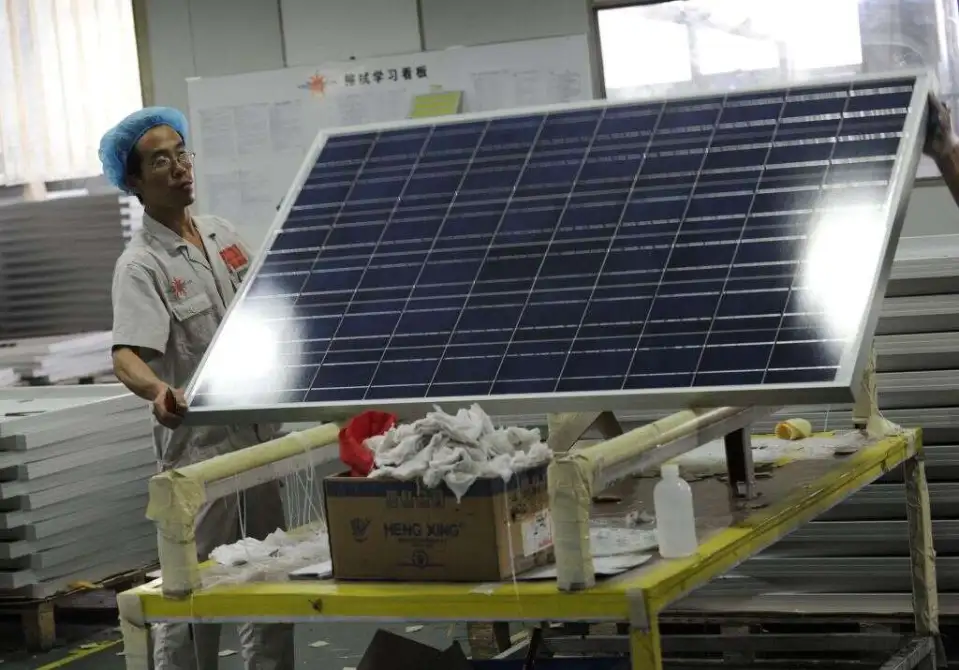Copyright thedailycpec

China is set to launch the Shenzhou-21 manned spacecraft to its space station under an upgraded rapid rendezvous and docking plan. Unlike earlier missions that required nearly 6.5 hours to dock, the new mission will complete the process in about 3.5 hours, marking a significant advancement in precision and efficiency, according to Xinhua News Agency. Li Zhe from the China Academy of Space Technology explained that the new approach minimises constraints on launch timing by improving orbit insertion accuracy. The spacecraft will enter an orbit with a smaller initial phase difference, enabling an on-schedule docking after fewer revolutions around the Earth. Experts noted that this progress reflects improvements in orbit design, sensor accuracy, and docking mechanism reliability. Wang, a senior space researcher, emphasised that rapid rendezvous and docking has become a mature technology in China, previously validated through multiple cargo missions. He added that the shortened flight time will reduce fatigue among astronauts and allow them to begin their space tasks in better condition. At a press conference on Thursday, the China Manned Space Agency (CMSA) revealed that astronaut selection is underway in cooperation with Pakistan. One Pakistani astronaut is expected to join a short-term mission in the near future as a payload specialist. The astronaut will assist in daily operations aboard the space station and conduct scientific experiments representing Pakistan. Although Pakistan does not yet possess manned spaceflight capabilities, this collaboration will provide valuable first-hand experience in space operations. Experts said the opportunity enables Pakistan to participate in scientific research relevant to its economy and development while strengthening technological exchange and mutual trust between the two countries. The partnership also sends a positive message to other nations in the Global South, showcasing China’s commitment to inclusive international cooperation in space exploration.



